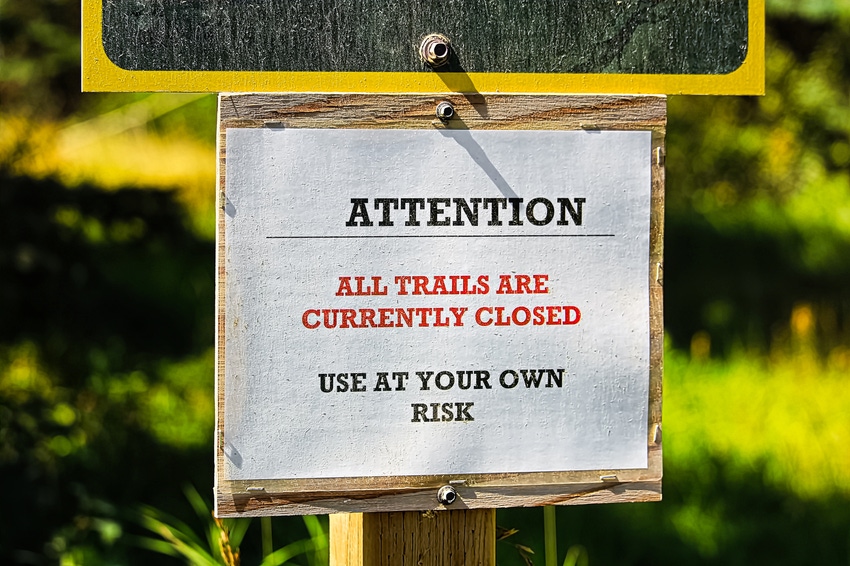New Zealand joins the march against Huawei
Kiwi telco Spark has had an application to incorporate Huawei’s radio access network (RAN) equipment in its 5G infrastructure plans slapped down over security concerns.
November 28, 2018

Kiwi telco Spark has had an application to incorporate Huawei’s radio access network (RAN) equipment in its 5G infrastructure plans slapped down over security concerns.
The Government Communications Security Bureau (GCSB) has quoted the Telecommunications Interception Capability and Security Act (TICSA) as the grounds for rejecting Spark’s application to include Huawei equipment in its 5G infrastructure, suggesting this might be another country which will be shutting the door completely to Huawei.
“The Director-General has informed Spark today that he considers Spark’s proposal to use Huawei 5G equipment in Spark’s planned 5G RAN would, if implemented, raise significant national security risks,” Spark said in a statement. “Spark has not yet had an opportunity to review the detailed reasoning behind the Director-General’s decision. Following our review, Spark will consider what further steps, if any, it will take.”
“As per Spark New Zealand’s statement today, I can confirm the GCSB under its TICSA responsibilities, has recently undertaken an assessment of a notification from Spark,” said Director-General of GCSB, Andrew Hampton. “I have informed Spark that a significant network security risk was identified. As there is an ongoing regulatory process I will not be commenting further at this stage. The GCSB treats all notifications it receives as commercially sensitive.”
Details on the GCSB’s specific reasoning is absent for the moment, though this will emerge in the coming weeks. Either Spark will make a fuss over the situation, Huawei will hit back or someone will leak the documents on the internet. It’ll only be a matter of time, though Spark has reiterated the decision will not impact its plans to launch 5G services in New Zealand by mid-2020.
Unfortunately for Huawei, this looks like it will be another country where it will be banned from the 5G bonanza.
The anti-China rhetoric was of course started in the US, where both Huawei and ZTE has been effectively banned from any meaningful contracts, though Australia quickly followed suit. South Korea was the next domino to fall, though the operators simply omitted Huawei from the preferred suppliers list as opposed to a ban. New Zealand is the next country to join, though this is unlikely to be the last story we write of this nature.
With trade discussions between the US and China continuing, President Trump has been ramping up the pressure on his counterpart in Beijing. Not only have more tariffs been threatened, with potential collateral damage to Apple, it has been rumoured Trump has been whispering in the ears of allies, attempting to convince them to ban Huawei and ZTE from operating within their borders. It seems the repetitive whispers managed to convince the Kiwis.
There are of course a few countries which will resist the calls to ban Huawei, the UK is an example which seems overly invested in the vendor and would have too much to lose through any ban, though the dominos are lined up and beginning to fall. The political and economic power of the US does make it an influential voice in the global community, which will certainly be a worry for the Chinese vendor. On the other side, Nokia, Ericsson and Samsung will be pleased with the way the conversation is developing.
About the Author(s)
You May Also Like











_1.jpg?width=300&auto=webp&quality=80&disable=upscale)


.png?width=800&auto=webp&quality=80&disable=upscale)